Democratic governance and human rights are critical components of sustainable development and lasting peace. Countries that have ineffective government institutions, rampant corruption and weak rule of law have a 30-to-45 percent higher risk of civil war and higher risk of extreme criminal violence than other developing countries.
To help change this narrative, we are integrating democracy programming throughout our core development work, focusing on strengthening and promoting human rights, accountable and transparent governance, and an independent and politically active civil society across all our work. At the same time, we remain committed to fundamental democratic empowerment activities, including supporting free and fair elections, up-to-date technology for new and traditional media, as well as the rule of law.
By helping societies protect the basic rights of citizens, we prevent conflict, spur economic growth and advance human dignity. Countries with democratic freedoms are more just, peaceful and stable-and their citizens can fulfill their potential. Through its democracy, human rights and governance programs, the United States remains committed to protecting and advancing our most cherished values.
We are focused on:
- Democratic Governance - Building open, responsive, and accountable institutions and processes that serve the needs and preferences of the public.
- Participation - Ensuring that all have the opportunity to participate and have a voice in how they will be governed.
- Fair Competition - Promoting free, transparent and fair political competition so that citizens’ preferences are represented.
- Civil Society and Independent Media - Defending citizens’ rights of association and expression, so that they can play a role in their country’s future.
- Justice - Holding institutions and people responsible to the rule of law.
To advance these goals, we launched the new Center of Excellence on Democracy, Human Rights and Governance in 2012. The Center provides technical advice and support to USAID missions implementing programs in democracy, human rights and governance; generates and disseminates knowledge to build the evidence base for global advancement in the area; and elevates the role of DRG in key USAID, U.S. Government, and multilateral strategies.
As a result of this focus, we have recently:
-
Since the Elections and Political Processes (EPP) Fund was established in 2006, we have provided critical support to 80 countries or sub-regions, 26 of which were for unanticipated electoral and political processes needs, including snap elections in Molvoda, Serbia, and Yemen.
-
Since 2011, the Human Rights Grants Program has addressed the most urgent Human Rights challenges in 89 different countries. This includes C-TIP programming in Peru, programming for Indigenous Peoples in Paraguay, Genocide education in Cambodia, migrant rights programming in Macedonia, and women’s empowerment programming in Sudan.
-
Launched in 2016, the five-year Global Labor Program promotes labor rights and access to justice for workers. The program supports country programs in Cambodia, Bangladesh, Burma, Ukraine, Morocco, South Africa, Colombia, Mexico and regional programs in Asia, Eastern Europe, the Middle East, Southern Africa and Latin America that cover activities in 31 countries. Through its union partners the program directly reaches tens of thousands of workers annually, inclusive of vulnerable populations, including women.
-
The Disability Rights and Inclusive Development program, which provides financial and technical assistance across the Agency, promotes the inclusion of persons with disabilities in USAID programs and builds the capacity of local disabled people’s organizations. In FY 2015 alone, the DRG Center strengthened the capacity of over 2,000 local organizations that work to support vulnerable populations.
Country Examples:
- Sri Lanka - Investing in Civil Society: USAID supported civil society in Sri Lanka through the darkest days of the Rajapaksa era by providing space and funding to over 60 local civil society organizations, including domestic election monitors who were crucial in ensuring the integrity of the historic January 2015 Presidential and August 2015 Parliamentary elections. Since then, we have partnered with civil society, the Parliament and key government institutions to advance long-awaited democratic reforms.
- Philippines - Court Reform: USAID's rule of law programming in the Philippines has measurably reduced case processing times amidst growing strains on the justice system. In the country's largest court district (consisting of 58 courts and an estimated 15 percent of all cases pending in the trial courts), the median processing time of cases has been reduced by 60 to 78 percent.







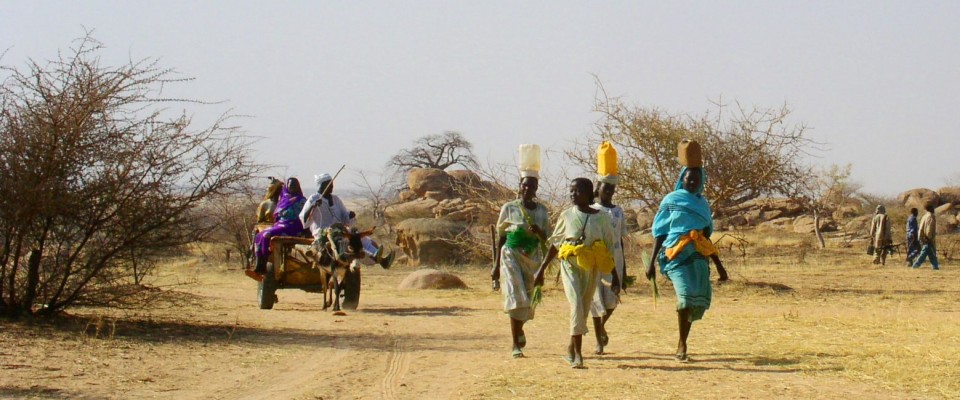
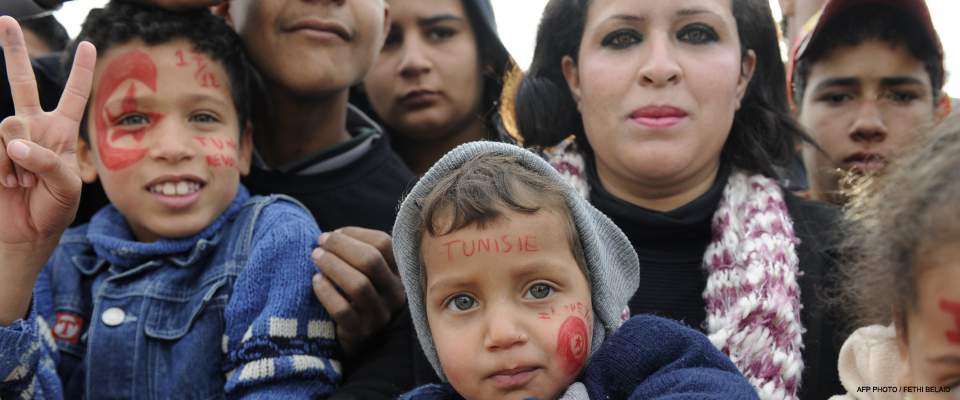
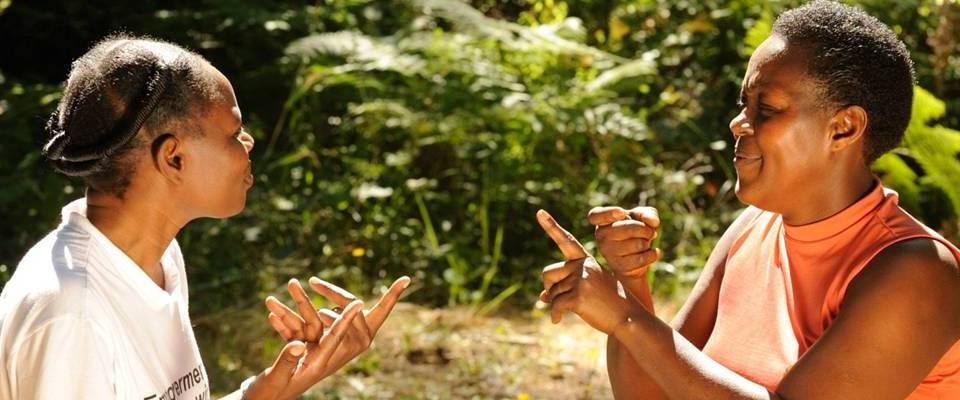
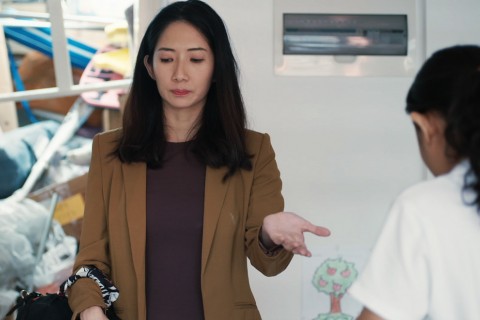
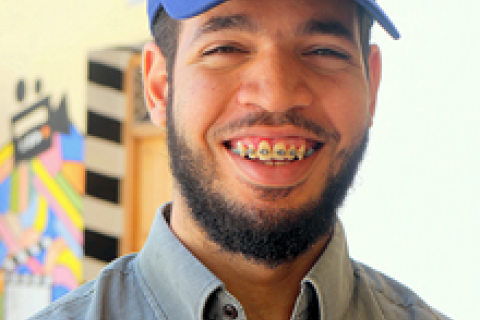
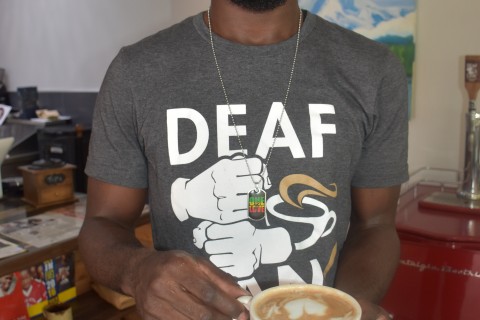
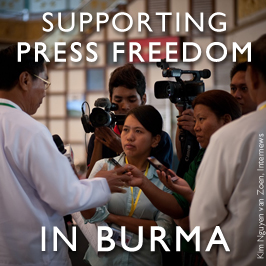
Comment
Make a general inquiry or suggest an improvement.